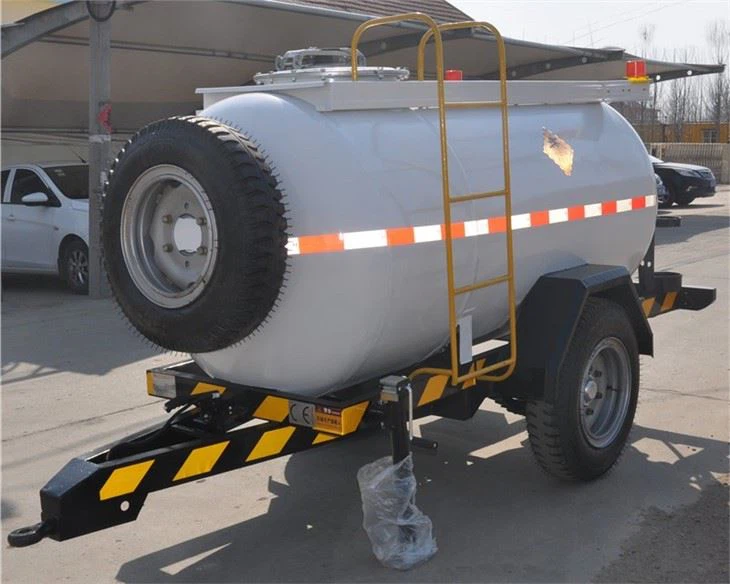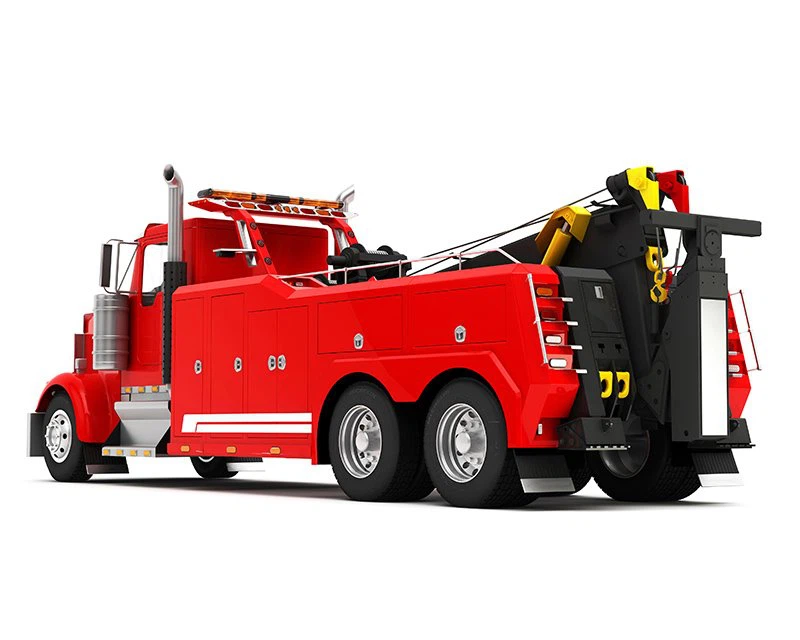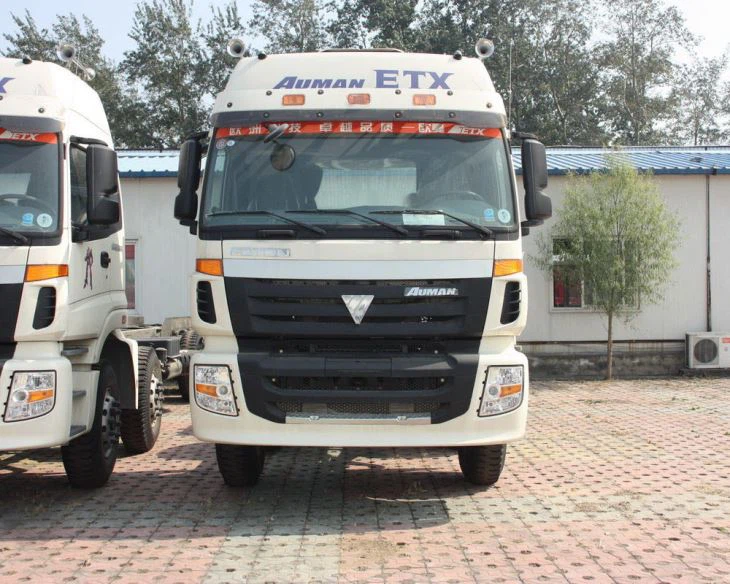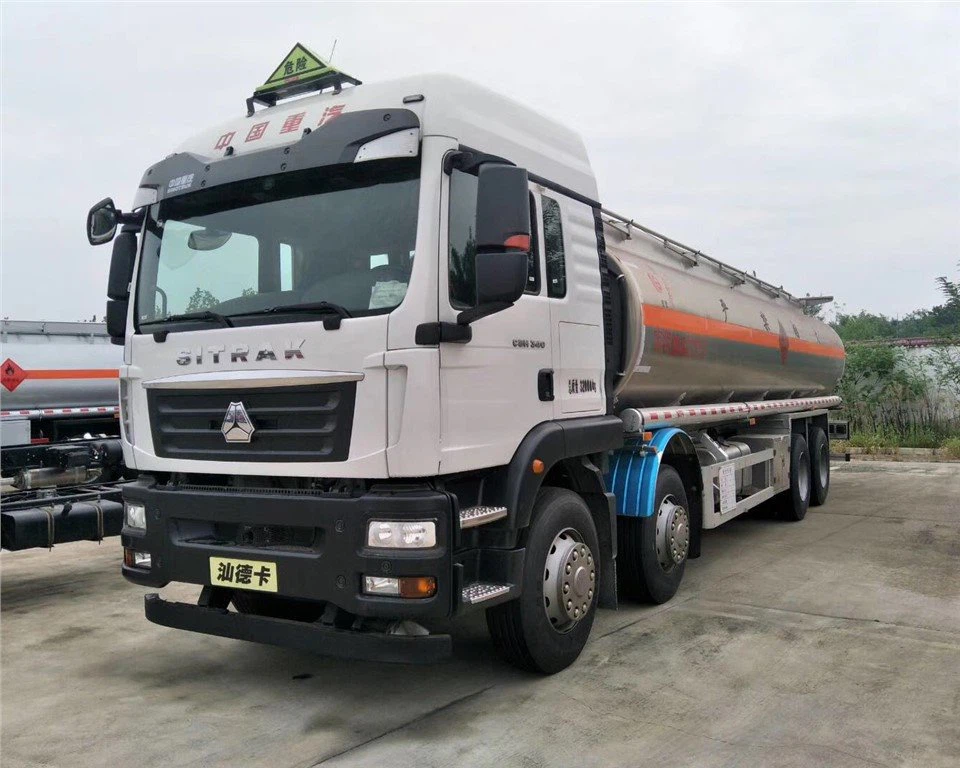Small Concrete Mixer Truck: The Ultimate Guide for Your Construction Needs

Introduction

Small concrete mixer trucks are an essential part of modern construction practices, catering to both small-scale and larger projects. They offer versatility, efficiency, and convenience, allowing contractors and builders to mix and transport concrete at various sites. In this comprehensive guide, we will explore the features, benefits, types, and operational aspects of small concrete mixer trucks, ensuring you are well-informed before making a decision for your next project.
What is a Small Concrete Mixer Truck?
A small concrete mixer truck is a vehicle designed specifically for the mixing and transportation of concrete. Typically ranging from 3 to 7 cubic meters in capacity, these trucks are equipped with a rotating drum that mixes the concrete ingredients—cement, water, and aggregates—ensuring a consistent blend. The key advantages include ease of mobility, compact size, and the ability to access tight spaces on job sites.
Benefits of Using a Small Concrete Mixer Truck
1. Enhanced Mobility
Small concrete mixer trucks are notably more mobile than their larger counterparts. Their compact design allows them to navigate narrow streets and job sites, making it easier to deliver concrete directly to where it is needed.
2. Cost Efficiency
Utilizing a small concrete mixer truck can lower operational costs significantly. You save on aggregate purchases, labor, and fuel since you can mix onsite. Additionally, they’re less costly to rent or purchase compared to larger trucks.
3. Quality Control
By mixing concrete on-site, you maintain higher control over the concrete’s quality. This flexibility allows you to adjust the mix according to specific project requirements, achieving optimal results.
Types of Small Concrete Mixer Trucks
1. Mini Mixer Trucks
Mini mixer trucks typically have a capacity of 3-4 cubic meters. They are perfect for residential projects and small-scale construction where large batches of concrete are not required.
2. Standard Mixer Trucks
Standard small mixer trucks generally range between 5-7 cubic meters. They strike a balance between capacity and maneuverability, making them suitable for both commercial and residential applications.
3. Volumetric Mixer Trucks
These trucks provide an additional advantage by allowing operators to mix concrete on-demand. Volumetric mixers can store dry ingredients and water separately; they then mix them just before pouring, ensuring freshness.
Key Features to Look for in Small Concrete Mixer Trucks

1. Drum Capacity
The drum capacity of a mixer truck is crucial, depending on the size and scope of your project. Smaller projects may suffice with a 3-cubic meter drum, while larger projects may require up to 7 cubic meters.
2. Engine Power
A powerful engine is important for reliable performance, especially when transporting heavy loads. Look for trucks with engines that can handle various terrain, ensuring smooth operation.
3. Weight Capacity
Understanding the maximum weight limit is vital to comply with load restrictions. Ensure that the truck can handle the weight of the mixed concrete as well as the vehicle’s own weight.
4. Loading and Unloading Mechanisms
Efficient loading and unloading mechanisms enhance productivity. Features like hydraulic pumps can streamline the process, making it easier for operators to manage the concrete.
Operational Considerations for Small Concrete Mixer Trucks
1. Training and Licensing
Operators must undergo proper training and obtain the necessary licenses to operate a small concrete mixer truck safely and efficiently. This minimizes accidents and ensures compliance with regulations.
2. Maintenance and Care
Regular maintenance is vital for ensuring longevity and reliable operation. Preventative checks should include inspecting the hydraulic system, drum condition, and engine performance.
3. Insurance and Legal Compliance
It’s important to have adequate insurance coverage for your mixer truck, as well as meeting any regulatory requirements concerning vehicle operation. Be informed of local laws that affect commercial vehicles.
Practical Examples and Tips for Use
1. Planning Your Concrete Needs
Before utilizing a small concrete mixer truck, calculate the amount of concrete needed for your project. This prevents wasted materials and optimizes your truck’s load capacity.
2. Mix Design Adjustments
Understand the specific requirements for your project, such as compressive strength or workability. Adjust the mix designs accordingly to achieve the desired performance.
3. Setting Up the Job Site
Prepare your job site in advance, ensuring that the area is accessible for the mixer truck. Designate a clear space for pouring the concrete to enhance efficiency.
4. Post-Pour Cleanup
After pouring, clean the truck’s drum to prevent hardened concrete from affecting future mixes. Follow the manufacturer’s guidelines for effective cleaning methods.
Cost Analysis of Small Concrete Mixer Trucks
1. Purchase vs. Rental
Deciding between purchasing and renting a small concrete mixer truck depends on your project’s duration and frequency of use. Here’s a comparison table:
| Factor | Purchase | Rental |
|---|---|---|
| Initial Cost | High | Low |
| Maintenance | Owner’s Responsibility | Rental Company’s Responsibility |
| Usage Flexibility | Limited by ownership | Flexible depending on needs |
| Depreciation | Yes | No |
2. Operating Costs
Consider ongoing expenses, including fuel, insurance, and maintenance. Operating a small mixer truck is generally more affordable than larger models.
Frequently Asked Questions (FAQ)
1. What is the typical capacity of small concrete mixer trucks?
Small concrete mixer trucks usually have a capacity ranging from 3 to 7 cubic meters.
2. How much does a small concrete mixer truck cost?
The price can vary widely depending on brand, specifications, and whether it’s new or used. You can expect costs to range from $30,000 to $100,000.
3. Can I rent a small concrete mixer truck?
Yes, many companies offer rental services for small concrete mixer trucks, making it a cost-effective choice for short-term projects.
4. What maintenance is required for small concrete mixer trucks?
Regular inspections of the hydraulic system, drum, and engine, alongside routine cleaning, are essential to maintain performance and lifespan.

5. How do I choose the right small concrete mixer truck for my project?
Consider your project’s size, required capacity, terrain, and mixing needs to determine the best fit for your requirements.
6. Are small concrete mixer trucks suitable for residential projects?
Absolutely! They are ideal for residential projects as they can easily access constrained areas while providing the necessary mixing capabilities.
Conclusion
In summary, small concrete mixer trucks play a crucial role in enhancing construction efficiency. Understanding their functionalities, benefits, and operational aspects will help you make informed decisions for your projects. Whether you are engaging in a personal DIY endeavor or managing a large commercial construction site, a small concrete mixer truck can be a valuable asset, ensuring quality and timely concrete delivery every time.
